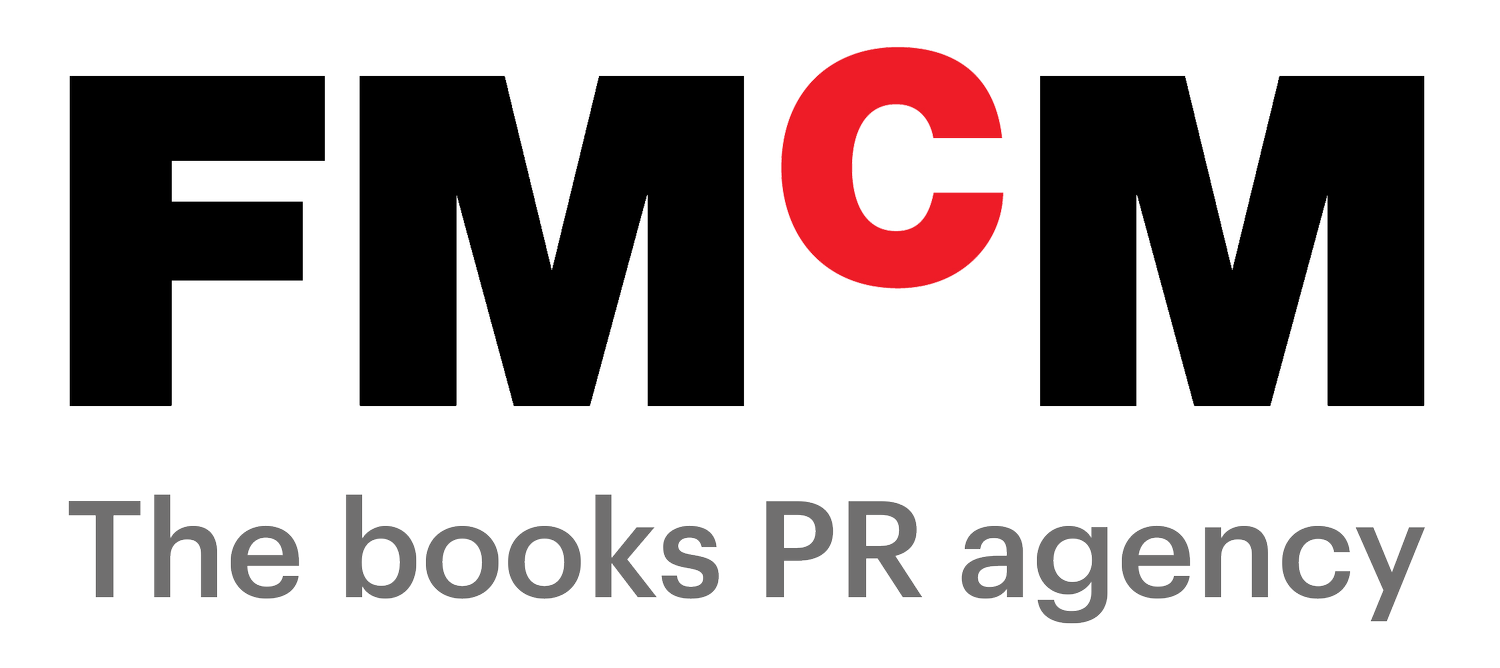Poetry market is growing as audiences – and poets - diversify: Verdict from the first-ever Poetry Summit at London Book Fair
‘The poetry market is growing as audiences for poetry – and poets – are diversifying,’ said speakers at the first ever Poetry Summit at London Book Fair on Wednesday. 2017 marked the best sales on record for poetry books in both volume and value, driven by a new appetite for the work of living poets with strong online followings, a surge in demand for children’s poetry, and a burgeoning live events and festival scene.
The summit – convened by National Poetry Day and Inpress Books - brought together speakers from across the book and publishing industry as well as insta-poet Nikita Gill and Poet of the Fair Imtiaz Dharker, a Glasgow-born Muslim Calvinist. They were joined by Arts Council England and insight companies Nielsen BookScan and The Audience Agency to address the subject: Poetry’s new markets, and how to reach them.
There is strong evidence that the poetry boom – now in its fifth consecutive year – has staying power. Poetry book sales, revealed Andre Breedt, M.D. Nielsen BookScan, have seen a 66% increase in the past 5 years (2012-17): over a million poetry books were sold at a value of £11,100,000 and there’s no sign of any falling-off this year. Significantly, poetry along with books on politics, law, governance and current affairs, is among the few non-fiction sectors to have benefitted directly from the current climate of uncertainty. As Breedt said:
“Non-fiction, where poetry sits for Nielsen BookScan purposes, was flat last year with some interesting exceptions, particularly politics/current affairs and poetry. My theory is that in times of political uncertainty people turn to poetry to understand the world in which they live, while political books provide the facts and context.”
This significant growth in poetry sales coincides with evidence that poets are changing too. 3.1 % of the adult population of England wrote poetry in the year 2015-16 according to the Taking Part survey. This translates into 1.4 million adults directly engaged with the genre, the same proportion of people who say they attended contemporary dance. Demographic analysis of England’s 1.4 million poets would suggest they are, as a group, more diverse than the audiences/participants for other cultural forms, including theatre, ballet and contemporary art. Poetry writers are younger and less white than the typical population sample, with a high proportion of women and of individuals defining themselves as LGBTQ.
Reflecting on this data, Oliver Mantell, Director of Consultancy at The Audience Agency, suggested that these diverse writers, who consume poetry in many forms as well as creating it, are driving innovation:
"It's clear that there's not one poetry audience, but several poetry audiences. What we now need to know is who each of those audiences are and how they are inter-related.”
The growth in sales of books and tickets – at events and festivals – is just one aspect of the new mass appetite for verse: the artform’s online and social-media popularity is growing too. The #nationalpoetryday hashtag trended globally in 2017, with visitors to the NPD website doubling year-on-year
Speaking at the Summit, Emma Smith of Trapeze, publisher of Nikita Gill’s collection, Wild Embers, said:
“Instagram alone features 19 million posts with the hashtag #poetry. Insta-poets like Nikita are using social media intelligently, bringing poetry to a broader, mainstream audience. This removes barriers to access, and also converts very well into book sales.”
Sarah Crown, Literature Director of Arts Council England, said:
“Poetry sales are strengthening while those of literary fiction – are struggling. In terms of audience growth, it’s clearly leading the way.”
Summing up Susannah Herbert, Executive Director, National Poetry Day, said:
"Poetry is the medium of the moment and these are exciting times for all in the poetry world. It is clear we need to know more about the path by which people come into poetry: by learning more about the why and how of this growth, we can ensure it continues.”
National Poetry Day 2018, the world’s greatest celebration of poetry, announced its book trade promotion for the second year running, designed to highlight the best new poetry collections, anthologies as well as the best poetry for children. National Poetry Day takes place on Thursday 4 October and the theme this year is Change
ENDS
For all media enquiries please contact Annabel Robinson at FMcM on 020 7405 7422 or email annabelr@fmcm.co.uk
Notes to editors
National Poetry Day
National Poetry Day is a mass participation campaign that inspires all to enjoy, discover and share poems. The celebrations fall this year on 4th October and everyone is invited to join in, whether by organizing or attending an event or simply posting a line of poetry on social media with #NationalPoetryDay. The theme, this year, is change. National Poetry Day is co-ordinated by Forward Arts Foundation and enjoys the support of Arts Council England, the BBC, the Royal Mail and leading literary and cultural organisations, alongside booksellers, publishers, libraries and schools. Last year the campaign’s reach exceeded 520 million: It was the #1 global trend topic on Twitter
www.nationalpoetryday.co.uk
Inpress Books
Established in 2002, Inpress has been instrumental in supporting the sales and marketing of independent book publishers across the UK, Ireland and further afield for 16 years. It offers a comprehensive sales and distribution service across print and digital editions, plus business development opportunities. It is responsible for the Poetry Book Society and is supported by Arts Council England.
www.inpressbooks.co.uk
